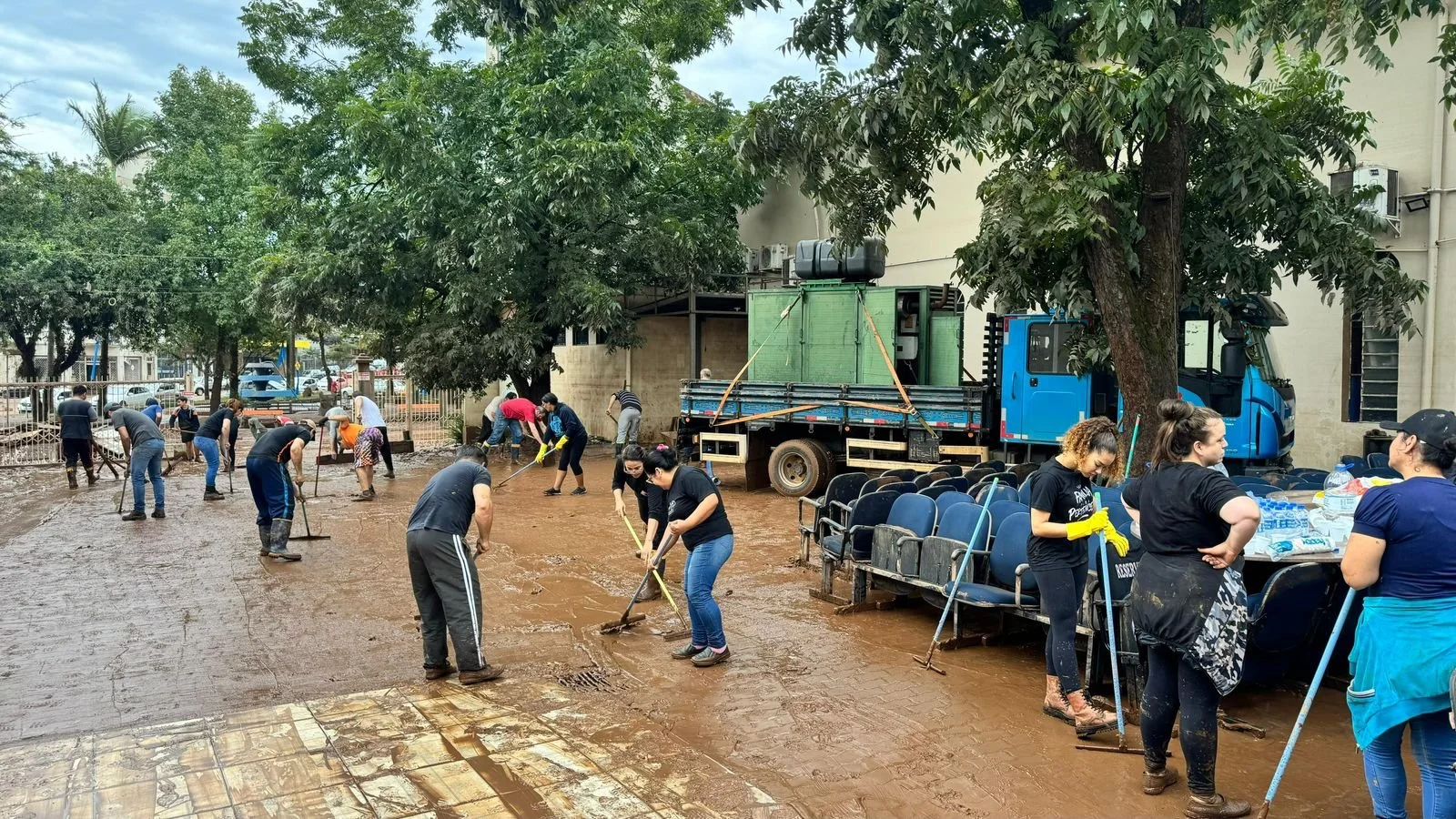What should you do to prepare for a disaster?
One of the best ways to prepare for a crisis is to make sure you have a plan in place and stay informed of best practices.
We never know when disasters will strike, but a lack of expectation does not need to equal a lack of preparation. With some training and a plan in place, you and your church can be ready to face a crisis when it occurs and respond to your community when they need it most.
How can you prepare?
ARDF wants to offer disaster response resources to as many churches as we can. One of the best ways to prepare for a crisis is to make sure you have a plan in place and stay informed of best practices. Below are a few tips on how to prepare, but visit our Domestic Disaster Webpage for more detailed information.
Prepare your family.
Ready.gov has resources to walk you through preparing your family for a disaster. Discussing details such as evacuation, specific family needs, and what to include in a disaster response kit will help everyone in your household know what to do in the event of an emergency. If you and your family are prepared, you can then reach out and help others in your community to also be prepared.
Prepare your church.
Have your church fill out our Parish Survey and start thinking about the many ways you can reach out to your community. No one organization or church can do everything, but we all have areas in which we can help! ARDF would also love to offer your church Disaster Response Training. Contact our Network Director, Tommy Lamb, to learn more.
Volunteer.
Another way to gain experience is by volunteering to help others who have gone through similar situations. Get started by going to our volunteer page or by contacting our Network Director, Tommy Lamb, to learn more about how your church and your diocese can play a vital part in serving our neighbors well in times of crisis.
What happens after a disaster?
There are three stages to any disaster: first response, emergency relief, and long term recovery.
First Response. When a disaster strikes, First Responders provide search and rescue activities for public safety in which congregations do not engage.
Emergency Relief. Congregations engage with the community to provide spiritual care, distribution of emergency relief supplies, meals, and coordination of debris removal. Parishes may establish volunteer housing and showers for volunteer disaster response teams. The first steps of case management are initiated during Emergency Relief.
Long Term Recovery. Long Term Recovery includes the repair and rebuilding of family homes, providing spiritual care, volunteer coordination and donations management. The local parish provides case management of recovery projects.
At every stage, the following four elements are incorporated: spiritual care, volunteer coordination, donations management, and case management.
We want to learn from one another, share resources, and work together to bring hope to those who have experienced loss after a national disaster. As Stephen Haynsworth, one of our Diocesan Coordinators, says, “We’re the hands and feet of Jesus and we need to serve the people.” ARDF is honored to connect churches to the resources they need to best serve in their communities.







